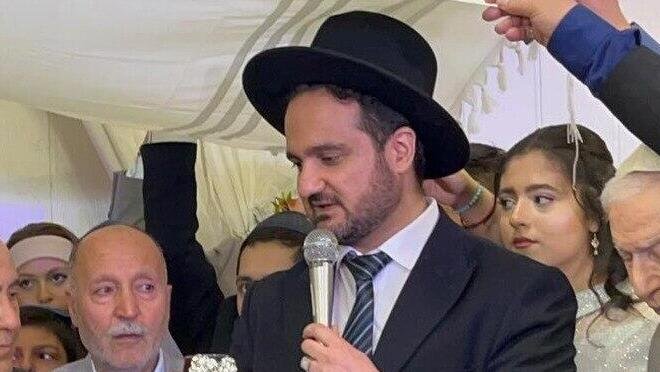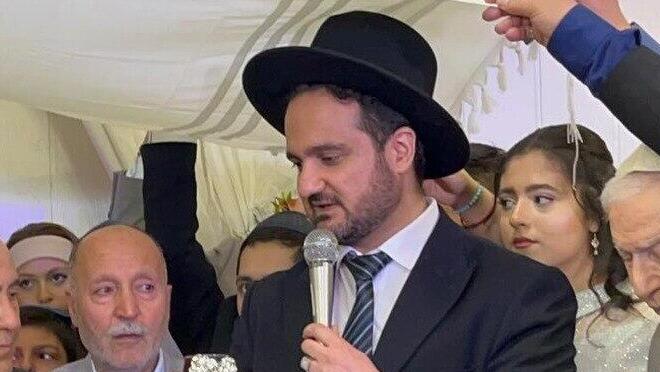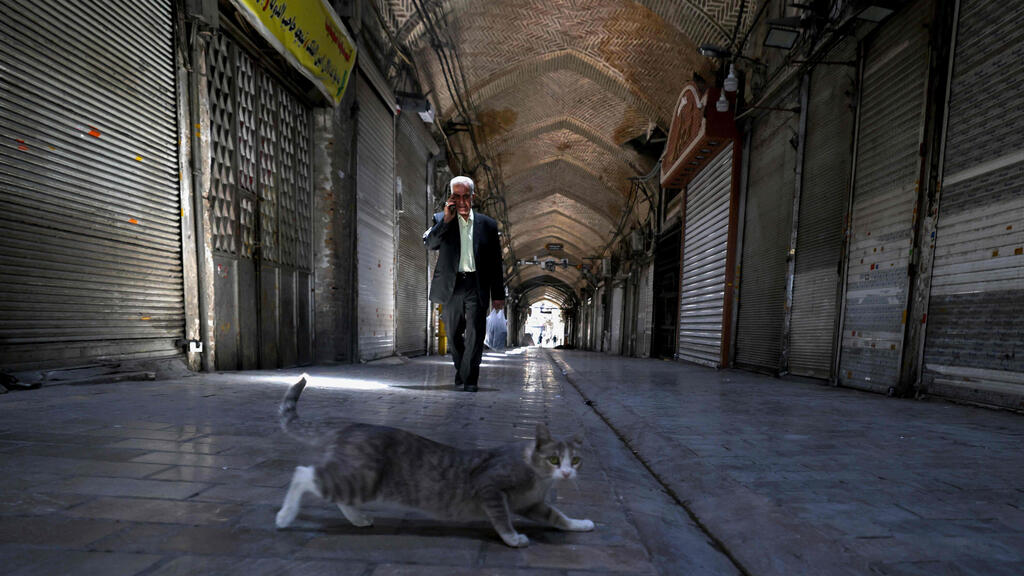In rare public remarks, Iran’s Chief Rabbi Yehuda Gerami spoke out this week about the state of the country’s Jewish community amid the war between Israel and Iran.
In a transatlantic phone conversation with Yated Ne’eman reporter Yisrael Rosner, Rabbi Gerami said that while the Jewish community “has not experienced unusual incidents due to the situation,” senior community rabbis have called for increased prayers “in light of the country’s dire reality.”
He clarified that “for now, there are no known Jewish casualties,” but added that, as in Israel, “all schools and synagogues are closed” due to the escalating security situation, as public services across Iran have largely shut down.
In Iran, it is officially forbidden to communicate with Israeli media. Dr. Tamar Eilam Gindin, an expert on Iran, told Ynet that Rabbi Gerami’s interview was highly unusual. “There is indeed a ban on such contact, unless it’s with anti-Zionist outlets. If they quote him pushing Islamic Republic propaganda, that may be permitted,” she explained.
A community under pressure
Iran is currently home to an estimated 9,000 Jews—the largest Jewish population in the Middle East outside of Israel. Most live in Tehran (6,000–7,000), with smaller communities in Shiraz (approx. 2,000), Isfahan (1,500), and Kermanshah. The community operates around 100 synagogues, including 31 in Tehran, though only about 20 are used regularly. There are currently five Jewish schools operating under strict government supervision, compared to 20 before the Islamic Revolution.
In recent days, many Iranian Jews have stayed home, fearful of being seen in public. Residents of Tehran, Shiraz, and Isfahan—the three cities with the largest Jewish populations—have all experienced Israeli airstrikes. Other cities with small Jewish populations, including Hamedan (traditionally associated with the biblical figures Mordechai and Esther) and Kermanshah, were also reportedly hit.
Since the launch of Israel’s military campaign “Operation Fierce Lion,” leaders of the Iranian Jewish community have issued two public statements denouncing Israel. These condemnations are seen as a necessary means of ensuring communal safety amid fears the Jews may be accused of disloyalty to the regime.
Dr. Homayoun Sameh, the Jewish representative in Iran’s parliament, distributed a letter within the community accusing Israel of war crimes and expressing condolences to Iranian families of the dead. “Iranian Jews are part of the Iranian people,” he wrote, affirming their loyalty to the Islamic Republic. He noted that “each year the Jewish community of Iran participates in Quds Day marches across the country” and condemned “the repugnant Zionist regime.” Veteran Jewish cleric Hakham Younes Hamami Lalezar published a similar statement, harshly criticizing Israel.
The Iranian Fars News Agency also published a fiery joint statement from representatives of various religious minorities in the Islamic Consultative Assembly, including Dr. Sameh, condemning “the Zionist regime’s aggression against the land of the Islamic Republic.” The statement promised a “swift and wise” Iranian response and declared: “We believe the strong forces of the Islamic Republic are more united than ever and will soon end the tyranny of the Zionist regime.”
The signatories emphasized the importance of loyalty to Iran’s Supreme Leader and national unity. “The aggressive and criminal face of the usurping Zionist regime has been exposed, cowardly dragging our fellow countrymen to their deaths,” they wrote. “This predatory regime must only be answered with force.”
According to U.S. State Department reports on religious freedom, Iran’s Jewish community lives under constant, systematic pressure. While Iran’s constitution formally recognizes Jews as a protected religious minority with the right to work and maintain religious institutions, the caveat that rights must be exercised “within the law” allows the government wide discretion to restrict them.
The current escalation has raised new fears within the community, which has yet to recover from the execution last year of Erwin Natanel Kahramani, despite efforts by Jewish leaders and international appeals. At that time, due to domestic unrest, synagogues were ordered to close by 5 p.m. daily, with warnings issued by community leaders about the “dangerous situation.” Similar alerts were circulated during the Jewish High Holidays amid the Israel–Hamas war.



